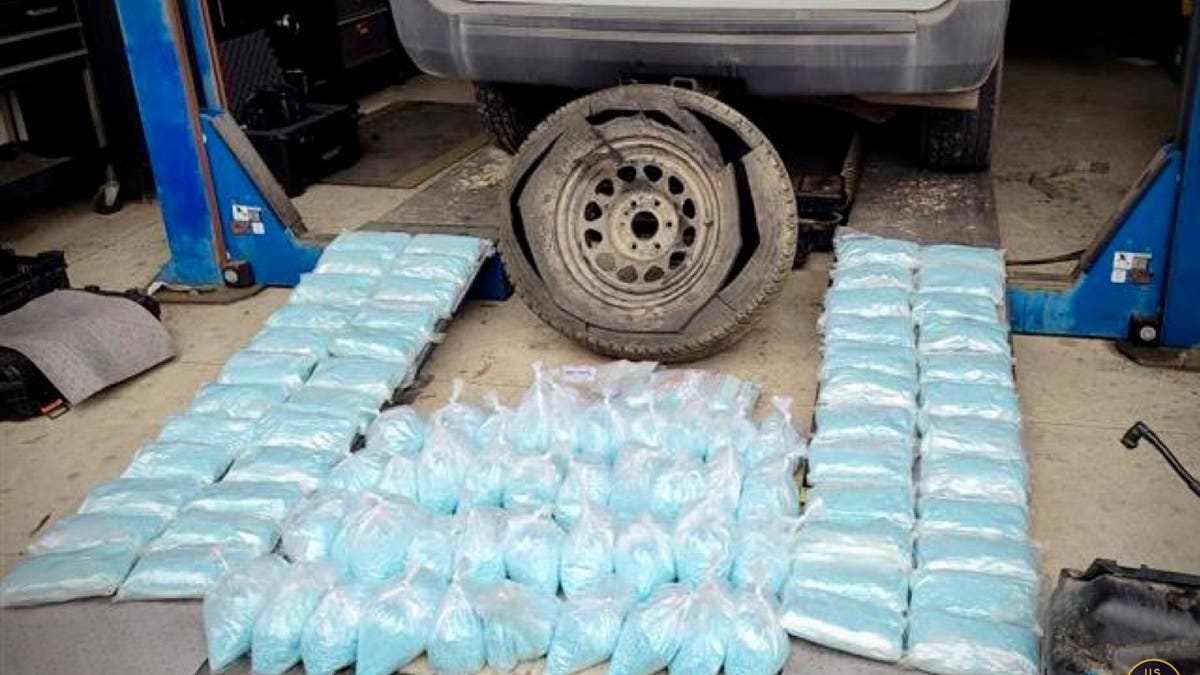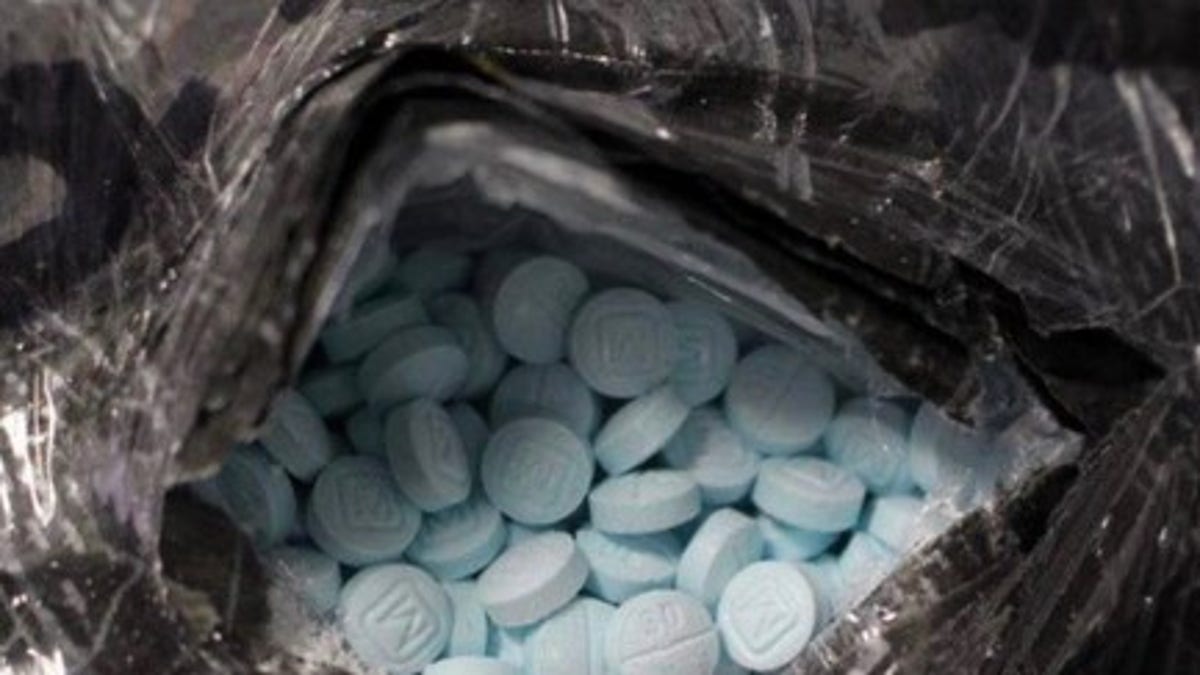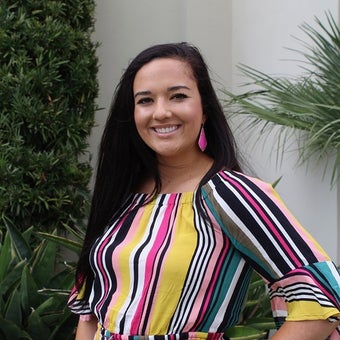Mexico’s medical tourism presents numerous risks for Americans
Fox News’ Alexis McAdams reports on medical tourism in Mexico and the risks associated with both crossing into the country and side effects from procedures.
The U.S. Drug Enforcement Administration (DEA) was aware for years that Mexican pharmacies have sold laced medications, oftentimes with fentanyl, and the result has been deadly for Americans, according to a new report.
The Los Angeles Times reported the agency has been aware of this information for more than three years, since the death of California native Brennan Harrell back in 2019.
Brennan died while vacationing in Cabo San Lucas for a bachelor party, and although Mexican officials said he died from a heart attack, further toxicology reports revealed otherwise.

Border Patrol make fentanyl bust in San Clemente, California. (U.S. Border Patrol)
He actually died from a deadly dose of fentanyl, according to a California medical examiner, traced back to pills he bought with his friend from a local pharmacy.
The examiner, who routinely interacted with DEA agents, alerted officials Brennan had passed away from laced medications from the Mexican pharmacy, but even after months of investigating, the journey for justice seemed to fall flat.
Brennan's family had also been pressing for answers, and writing to members of Congress to raise awareness on the issue, but got nowhere as they demanded action.
That report follows bombshell findings released by the LA Times that discovered pharmacies in various areas of the northwestern portion of the country have sold counterfeit medicine – with a whopping 71% of the medications tested being laced with a stronger drug.
In areas like Cabo San Lucas and Tijuana, the investigation revealed methamphetamine was found in Adderall pills, and fentanyl was detected in certain painkillers like oxycodone and hydrocodone.
Although the fentanyl crisis has been an issue garnering more attention as poisoning-related deaths soar across the U.S., Mexican pharmacies have not been in the peripheral – given how many critics point to the border crisis for the overdose surge – until now.
This comes as officials warn Americans against medical tourism, an industry that has flourished south of the border as tourists seek to undergo cheaper surgeries.
Alexis McAdams reported on Tuesday that medical tourism is a "booming business" in Mexico, citing more than one million Americans who travel south of the border every year for certain procedures.
According to Patients Beyond Borders, Americans save up to 70% every year on dental, cosmetic, and weight loss procedures, she said.
But the steep discount is not worth the medical risk, Fox News contributor Dr. Marc Siegel warned.

U.S. Customs and Border Protection agents seized over 1.2 million fentanyl pills between two busts on Dec. 29. (U.S. Customs and Border Protection)
One reason being, some patients have contracted antibiotic-resistant infections, as noted in McAdams' report.
"I absolutely don't like it for multiple reasons, one of which Alexis already mentioned, which is infection, the risk of resistant infections, a tuberculosis type of infection, wound infections," he said Tuesday during "America's Newsroom."
But Dr. Siegel also noted even if he knew a trusted a surgeon, he may not know other medical professionals involved with the surgery, like the anesthesiologist - someone with incredible control over the patient's life.
"Another thing, people go there because they can't get the procedure approved in the United States," he said. "Well, there may be a good reason for it. I might not want to operate on someone so young. I might not want to do an orthopedic procedure like a knee replacement on someone that's too overweight."
"There are a lot of issues that I look at when I pre-op clear somebody," he continued. "I really, really worried about this."
CLICK HERE TO GET THE FOX NEWS APP
Earlier this month, four Americans were kidnapped, and two were killed in Matamoros, Mexico, by the Gulf Cartel. One individual made the trek in order to undergo a tummy tuck.












































